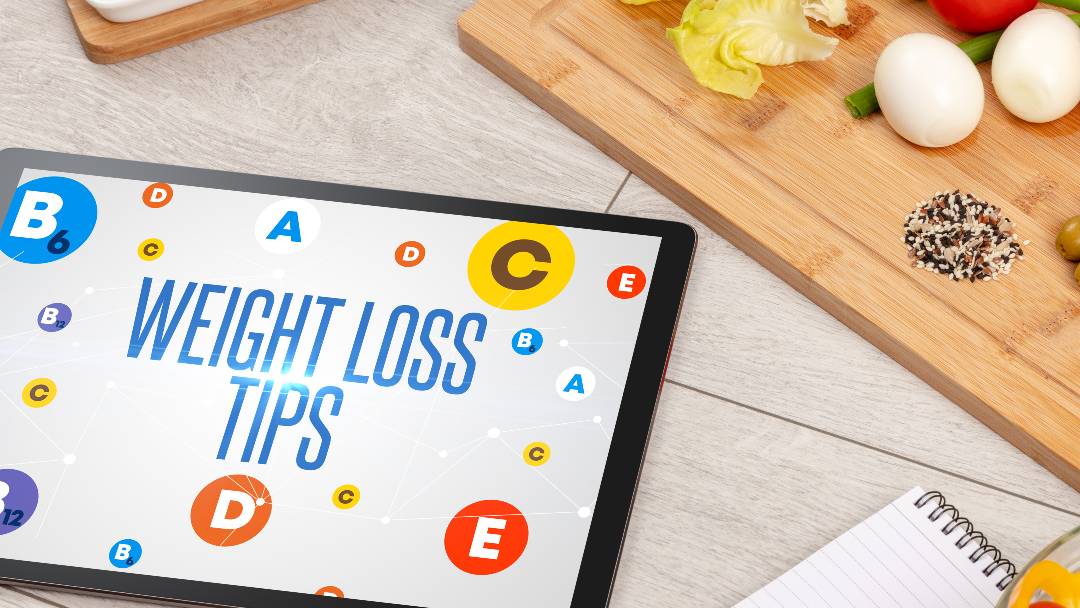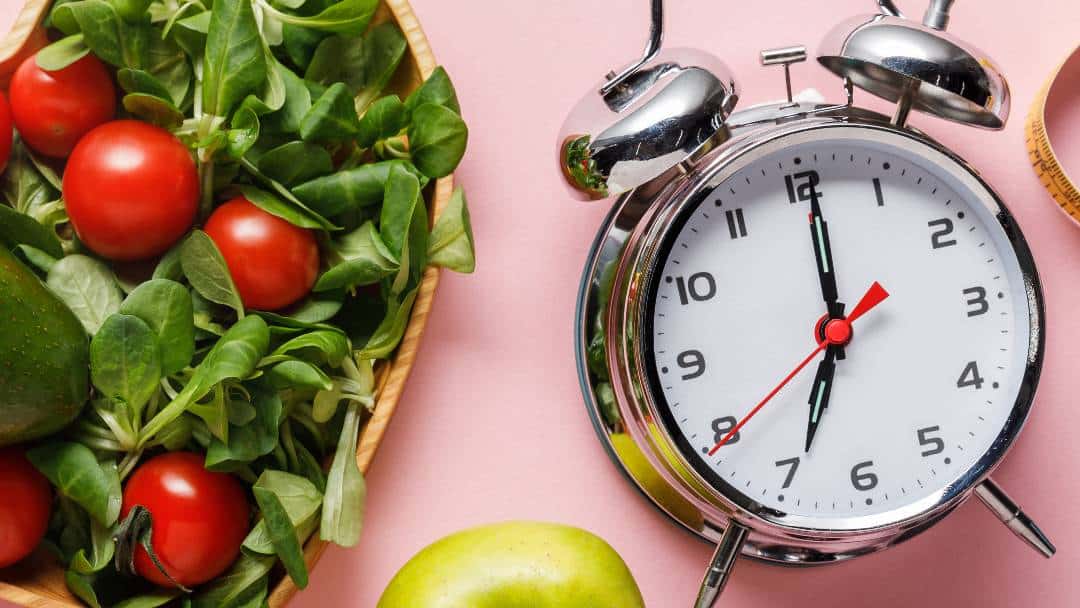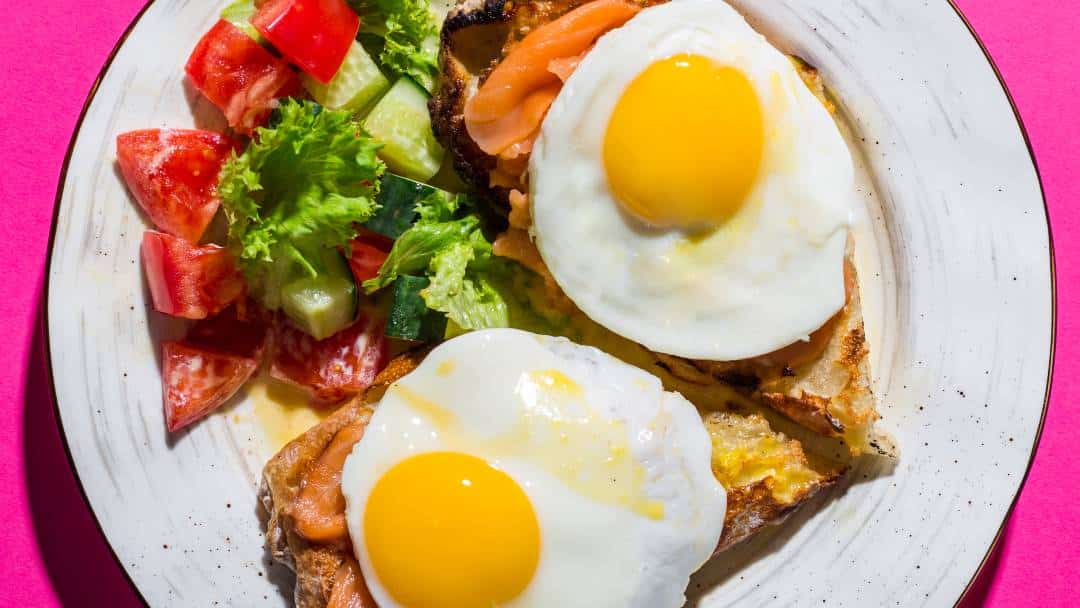Uncategorized
How Many Meals Should I Eat to Lose Weight?
This question is really simple, you will most likely fall into one of two camps:
1: Trying to lose weight with a healthy lifestyle. You aim to exercise 2-3 times a week such as a swim, run, cycle or a couple of gym classes. Basically, the every day person going about their busy life.
2: You have cranked things up and you’re following at 12/16 week body transformation programme and you’re at the gym training hard 5-6 days per week.
Quick answers:
Scenario 1:
3 times a day, 4-5 hours between meals.
Scenario 2:
6 times a day, eat every 3 hours or so as you to need to replenish the body from your intense training schedule.
In both scenarios, you still can’t avoid the calories in and out issue. I never obsess over calories but it can be useful in the early days of weight loss to have an understanding of how many calories you are actually eating as you could be over eating and not know it.
You can read all about this and how to check your calorie intake right here

This blog is about scenario 1!
Here’s what’s in the blog:
My favourite 3 weight loss tips!
Why you need longer gaps between your meals.
The psychological approach to eating and lifestyle changes.
Weight Loss Tips
My current favourite 3 weight loss tips! These change because different approaches and ideas work for different people, but these 3 tips seem quite popular!
Now, in theory these are easy to follow but in reality the reasons we choose to eat are for more complex and it’s those challenges that you need to address and ultimately over come if you want to control your weight, change your eating habits and have a healthy lifestyle – more on this later!
Right, 3 tips:
1: Only eat when you’re hungry! I know it sounds ridiculously simple but how often are you actually hungry when you eat?! Answer; rarely ever, right? Why? Because:
*Food temptation is everywhere!
*We have habits often formed over decades which take time to change as they are rooted deep in to our subconscious so we do them without realising!
*We are tired, bored, happy, sad!
But, when was the last time you actually felt hunger was driving you to eat?
So, rule number one! Eat ONLY when you’re hungry, trust me this is a skill that needs working on!
2: Stop snacking! Most of us just eat too much food and snacking is out of control in the modern world! This might sound crazy but wait for it…your body can go 4-5 hours without any food! It can simply be the snacking that pushes your calorie intake over your daily requirements which hampers your weight loss or increases your weight gain.
3: Fast 7pm – 7am, or make fasting work for you depending on your work commitments and lifestyle. Ultimately, have longer periods without eating food. Again your body will be just fine, it will also give your body a break from digesting food and allow it to get on with other important house keeping jobs! Plus, and for those who work traditional hours, this rule is really effective at preventing that mindless evening / tv eating or late night snacking.
It does require a little discipline, you may have evenings when you break that rule and that’s perfectly fine and normal, but give it a go as 7pm – 7am seems really effective for many of my clients. The key here is to keep your evenings busy with other hobbies and interests. If you sit in front of the tv eating then the key is changing the tv habit with something fun and distracting.
Distraction techniques really are awesome!
I have found these 3 are really simple daily things we can all do.

How Often Should I Eat?
Here is why you need longer gaps between meals.
This is something I try and work on with the majority of my clients.
The body is not designed to be grazing all day. Why? Because the foods available to us are nutritiously dense and therefore can sustain us for relatively long periods of time. Plus. hormones can keep us going when food is scarce.
The opposite can be said of cows, sheep, horses etc. As far as I know grass it’s not particularly nutritious so they need a lot of it, and regularly, to meet their needs.
Also, the majority of us have a fairly sedentary working life so we aren’t actually using that much energy and therefore don’t need much refuelling! As most of you will testify too, working in an office environment can simply be giving in to the temptation of biscuits in the office! Remember rule 1!
Longer gaps between meals should improve hormonal balance which is crucial for our mood, how we feel and our energy levels.
Hormones get dismissed far too easily when it comes to our health goals. Have you EVER heard anyone say “I’m trying to improve my hormonal balance?!” Nope, me neither! But hormones control EVERYTHING, so we should be doing all we can to keep them running smoothly.
Longer breaks without food gives one crucial hormone, insulin, a rest. Insulin is a major hormonal particularly significant to the menstrual cycle as well as blood sugar management.
Insulin stores excess sugar (glucose at cell level) in fat cells so eating less switches off production of insulin. And, of course, if you’re eating less and have longer gaps between meals there is simply less to fat to store!
Apologies! But if you are over 40 addressing hormonal imbalances may be something to prioritise if you’re struggling to lose weight.

Lifestyle Changes and Psychological Eating
Your psychological approach to eating and lifestyle changes is the area that requires the most attention but takes the longest to address.
Firstly, realise many of us may have eating habits engrained in our psyche for many years, if not decades. Therefore, do not put yourself under sudden pressure to change them all at once.
Accept that changes you make won’t suddenly be linear and that some of your old habits will continually resurface for weeks, months or possibly years.
The key is to not let one “bad day” or “bad evening” set you back but always remember your overriding goals. If fact, when you reach the stage where there is no such thing as a “bad evening” and you just fancied Belgian Waffles with chocolate sauce you are in great place!
Over the years, I have found many people do far better when they start with small goals that give them a sense of achievement and control. I like to call them “daily wins”.
Here are some easy and, slightly more challenging, “daily wins”
“I will go for two 45 minute walks per week for the next 2 weeks” not, “I will attend the gym 4 times per week”.
“I will not eat chocolate” is a goal setting yourself up for failure.
Instead try something like; “I will switch my snacks to fruit and enjoy dark chocolate with strawberries and almonds when I fancy chocolate”.
Avoid saying “I will not have a take-away” but instead try “I will cook a home – cooked meal every weekday evening this week, I will plan and shop for my recipes in advance”.
These are simple methods you can use to create achievable goals and habits for yourself.
You can read more about goal setting here.
Conclusion
Unless you are attending the gym every day you can ultimately have a flexible approach to your eating. Remember the simple 3 rules at the start of this blog as they will give you a great starting point for your changes.
Embrace and have fun with your changes!

